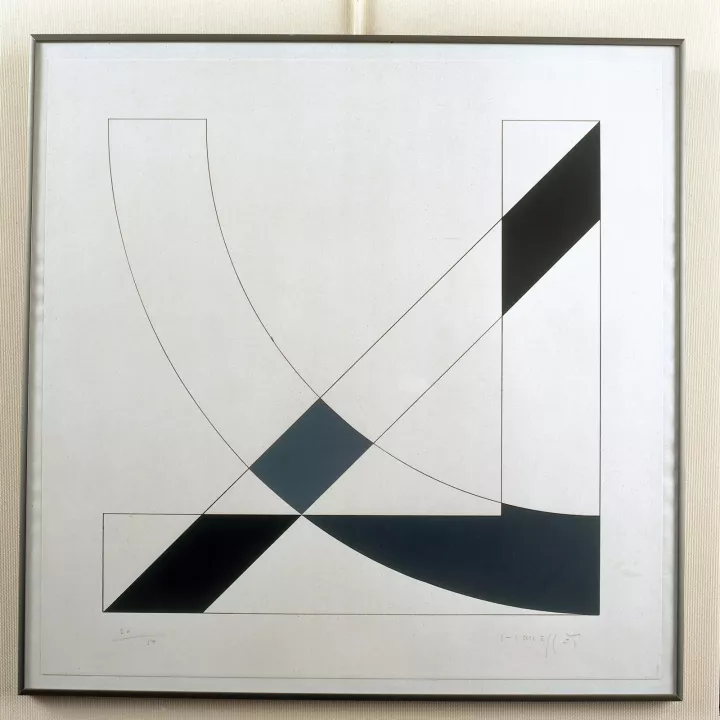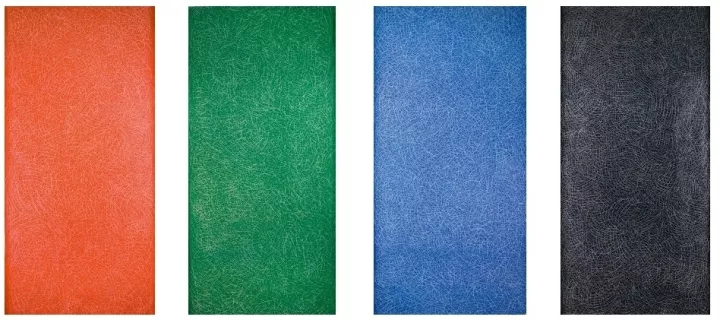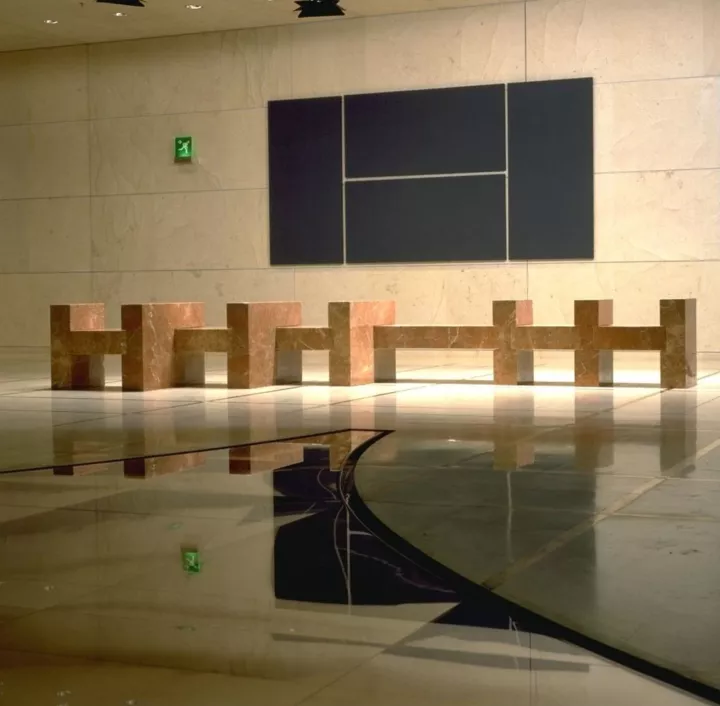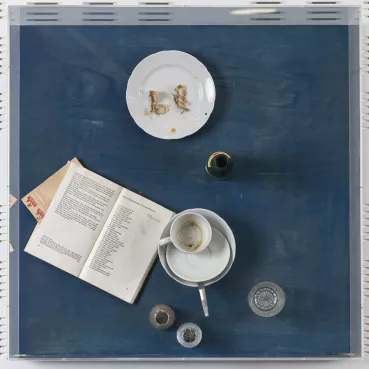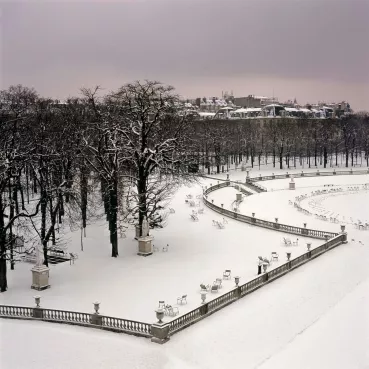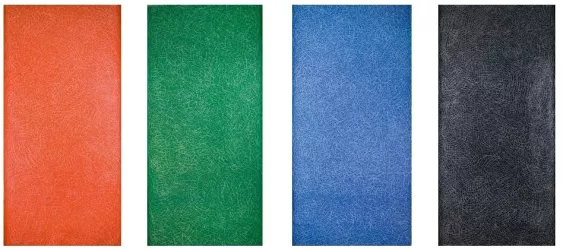
Zoom
On n’a pas peur du vide
1996
Gottfried Honneger
Painting
400 x 200 cm
Wax pencil on synthetic canvas
“We are not afraid of the void” because the void is not empty. For a fervent Zen adept like Honegger, this statement is not paradoxical. In his artistic pursuit of the metaphysical absolute, the painter, who compares art to an “oasis of peace, reflection and meditation”, applies the precept to his immense monochrome works covered in intertwining white chalk lines and curves. These canvasses do not depict the void, but the fullness of the void.
“We are not afraid of the void” because the void is not empty. For a fervent Zen adept like Honegger, this statement is not paradoxical. In his artistic pursuit of the metaphysical absolute, the painter, who compares art to an “oasis of peace, reflection and meditation”, applies the precept to his immense monochrome works covered in intertwining white chalk lines and curves. These canvasses do not depict the void, but the fullness of the void.
Gottfried Honneger
Born in 1917
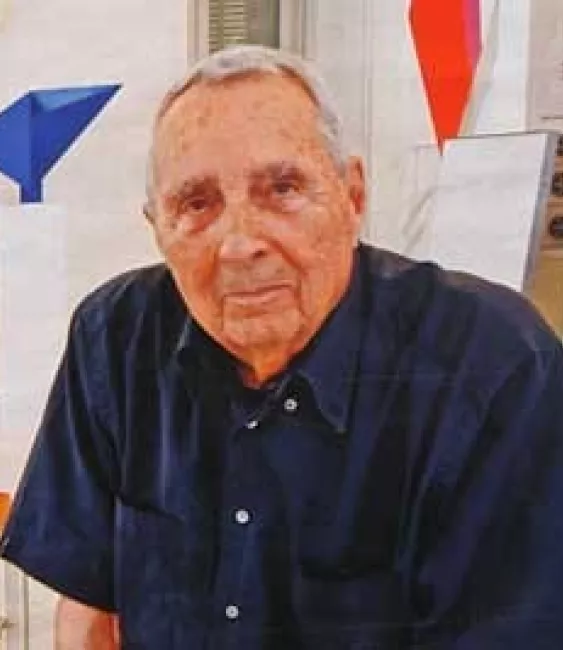
Swiss painter and sculptor.
Originally a graphic artist, Honegger devoted himself to art in 1958, choosing the style of concrete art for his painting. Features of the style are elementary geometry, strictly limited number of colours and formal elements, use of a modular base. At the same time, he worked in sculpture, making monumental pieces in cooperation with architects and urban planners.
His sculpted work is made up of a range of simple shapes that the artist puts together using a random mathematical process, by computer or by the throw of a dice. The contrast between this randomness and the fine mastery of the materials gives his sculptures a rare elegance and dignity, void of any pathos. Here, the benches with elements of seats “conversing” are a means for the artist to introduce art into life, and turning the functional act of sitting down into an aesthetic experience.
His monumental and monochrome paintings striated with white interlace demonstrate the same method of exploration of shapes and patterns.
Museum of Modern Art, New York, National Museum of Modern Art - Centre G. Pompidou, Museums of Boston, Dallas, Dortmund, Grenoble, Helsinki, Jerusalem, Marseille, Marseille, Pittsburgh, Princeton, Washington, Zurich, and many public orders.
Originally a graphic artist, Honegger devoted himself to art in 1958, choosing the style of concrete art for his painting. Features of the style are elementary geometry, strictly limited number of colours and formal elements, use of a modular base. At the same time, he worked in sculpture, making monumental pieces in cooperation with architects and urban planners.
His sculpted work is made up of a range of simple shapes that the artist puts together using a random mathematical process, by computer or by the throw of a dice. The contrast between this randomness and the fine mastery of the materials gives his sculptures a rare elegance and dignity, void of any pathos. Here, the benches with elements of seats “conversing” are a means for the artist to introduce art into life, and turning the functional act of sitting down into an aesthetic experience.
His monumental and monochrome paintings striated with white interlace demonstrate the same method of exploration of shapes and patterns.
Museum of Modern Art, New York, National Museum of Modern Art - Centre G. Pompidou, Museums of Boston, Dallas, Dortmund, Grenoble, Helsinki, Jerusalem, Marseille, Marseille, Pittsburgh, Princeton, Washington, Zurich, and many public orders.
Artworks of
Gottfried Honegger

Visit the Collection
Book a visitThe visit of the Collection is open to you! Come alone, in a group or on a school outing !
Reservation is mandatory in order to offer you a guided tour, at La Défense or by videoconference.
